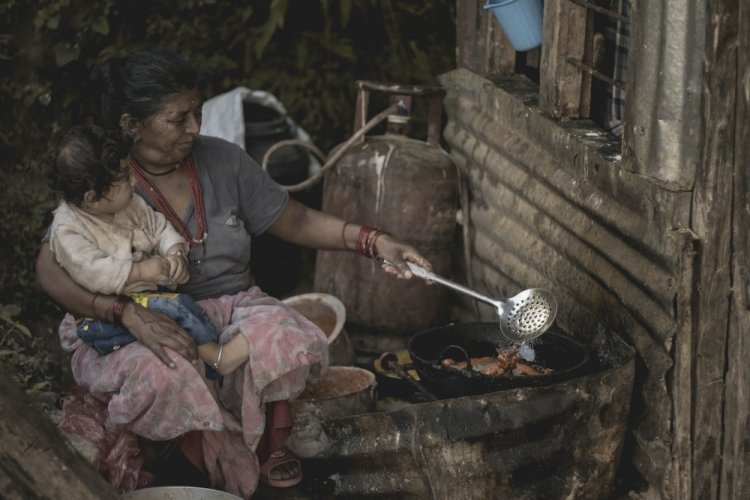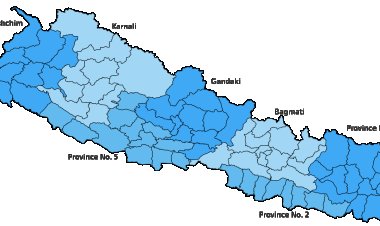Uncovering the Most Pressing Contemporary Issues Facing Nepal
Stay updated on the latest contemporary issues affecting Nepal, including political, social, and economic developments. Gain a deeper understanding of the challenges and opportunities facing the country.

Nepal is a small landlocked country located in South Asia, between India and China. Despite its rich cultural heritage and natural beauty, Nepal is facing numerous challenges that are affecting its social, political, and economic development. In this article, we will discuss some of the most pressing contemporary issues facing Nepal today.
- Political instability:
Nepal has been facing political instability for many years, and this has negatively impacted its development. There have been numerous changes in government, frequent elections, and an absence of strong and stable leadership. This has resulted in a lack of progress on key issues such as economic development, poverty reduction, and infrastructure improvement.
- Poverty and inequality:
Nepal is one of the poorest countries in South Asia, with more than one-third of its population living below the poverty line. Despite some progress in reducing poverty in recent years, inequality remains a major issue. Many people in rural areas, especially women and ethnic minority groups, continue to face economic and social discrimination.
- Natural disasters:
Nepal is highly vulnerable to natural disasters such as earthquakes, floods, and landslides, which can have devastating impacts on the country's infrastructure, economy, and people. In addition, climate change is exacerbating the frequency and severity of these disasters.
- Corruption:
Corruption is a major problem in Nepal, affecting all aspects of society and hindering progress in key areas such as health, education, and economic development. This undermines public trust in government and makes it difficult for the country to attract investment and grow its economy.
- Lack of infrastructure:
Nepal has a poor infrastructure, which makes it difficult to transport goods, provide services, and connect people with opportunities. This limits economic growth, hinders the delivery of basic services, and makes it more difficult for people to escape poverty.
- Education:
Although Nepal has made progress in increasing access to education, many children still do not attend school, and the quality of education is often poor. This limits opportunities for future generations and undermines the country's long-term development prospects.
- Health:
Nepal faces numerous health challenges, including high rates of infectious diseases, poor maternal and child health, and limited access to healthcare services. These challenges are especially pronounced in rural areas, where health services are often inadequate and people lack access to basic health facilities.
In conclusion, Nepal faces a number of complex and interrelated challenges that are affecting its social, political, and economic development. Addressing these issues requires sustained effort and commitment from all sectors of society, including the government, private sector, civil society, and international community. With the right policies and investments, however, it is possible for Nepal to overcome these challenges and build a brighter future for its people.
What's Your Reaction?





































































































